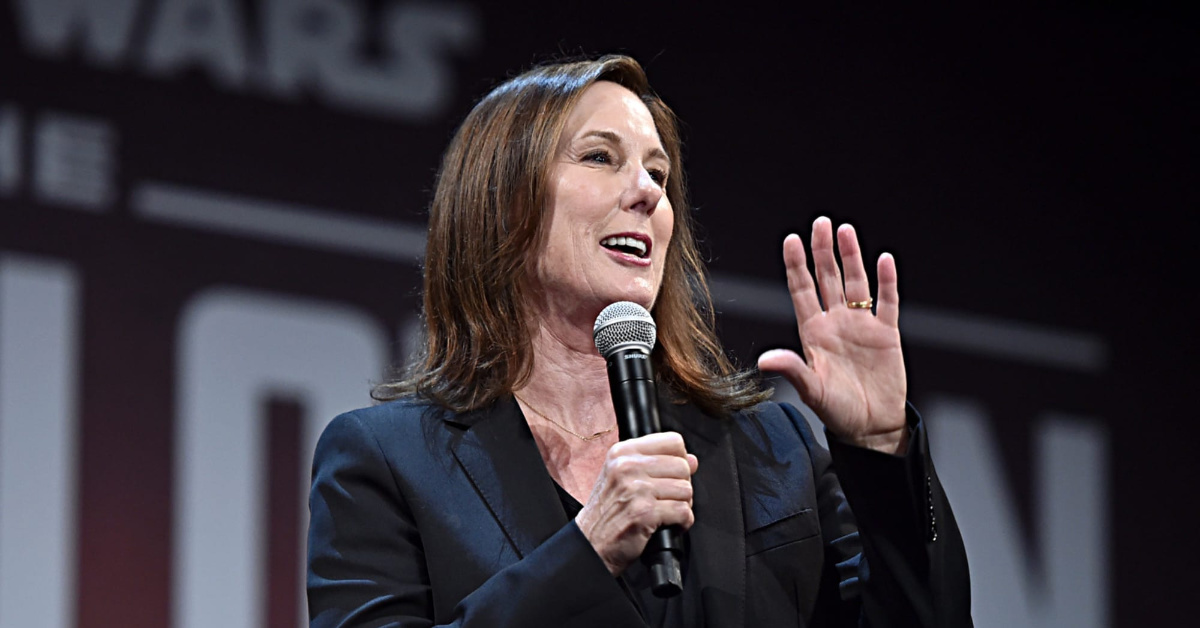As someone with experience working as a grocery store cashier, I find the recent news about the Federal Trade Commission (FTC) suing to block the merger between supermarket giants Kroger and Albertsons to be a relief. Working in the grocery industry has shown me firsthand the importance of preventing further consolidation when just five companies already control over 60% of U.S. grocery sales.
The proposed $24.6 billion merger, first introduced in 2022, would mark the largest supermarket merger in history, creating the second largest grocery company in the United States, trailing only Walmart. Cerberus Capital Management, the private equity firm that controls Albertsons, stands to be the primary beneficiary of the deal. Shareholders have already received a hefty $4 billion dividend related to the proposal last year.
However, such a windfall for private equity comes at the expense of consumers who are already facing a 25% increase in grocery prices over the past four years. Analysts argue that grocery mergers contribute to price inflation because consolidated stores have more leverage to raise prices when consumers have limited alternatives.
Yet, the FTC’s case against the merger extends beyond consumer costs. The Biden administration is taking a unique approach by focusing on how the merger would impact workers. The government’s complaint highlights concerns about “lower wages and reduced benefits” resulting from the merger and the negative impact it could have on unionized employees who typically benefit from competition for their labor. Academic research supports this argument, with experts like Marshall Steinbaum, Assistant Professor of Economics at the University of Utah, warning that the Kroger-Albertsons merger is likely to increase employers’ bargaining power at the expense of workers.
The Federal Trade Commission (FTC) has engaged in discussions with organizers from the United Food and Commercial Workers International Union (UFCW), as revealed by Joe Mizrahi, Secretary-Treasurer of UFCW 3000. Mizrahi described numerous discussions where organizers shared insights into the negotiation process with federal officials. During one session in Washington D.C., FTC officials posed detailed questions about the union’s bargaining methods, leading to a dialogue akin to a cross examination. Organizers emphasized the potential job cuts resulting from the Kroger-Albertsons merger, highlighting the significance of unionized benefits and the challenges faced by workers in nonunion stores.
Similarly, Tom Olson, a Safeway employee and UFCW Local 7 steward, recounted a similar exchange with FTC Chair Lina Khan in Denver. Khan attentively listened to concerns raised by workers, demonstrating a receptiveness to their perspectives. Olson also urged Colorado Attorney General Phil Weiser to oppose the merger, emphasizing its adverse effects on workers.
In contrast to worker opposition, corporate actors and executives have supported the merger. C&S Wholesale Grocers’ acquisition of 400 stores from Kroger and Albertsons aims to bolster approval for the merger. However, interactions with C&S President Mark McGowan left UFCW representatives apprehensive, with McGowan expressing resistance to union contracts and indicating a willingness to confront unionization efforts.
The merger’s potential negative impacts are underscored by past experiences, such as Albertsons’ acquisition of Safeway in 2015, which led to job losses and reduced benefits for workers like Tom Olson and Monique Hightower, a member of UFCW Local 770 in Los Angeles. Hightower’s firsthand experience of losing her job and benefits due to corporate consolidation highlights the challenges faced by workers during such mergers.
Discussions with coworkers like Terri, a cashier, revealed concerns about rising prices and food insecurity exacerbated by corporate consolidation. Terri’s experience reflects broader discussions about the impact of corporate profiteering on price hikes and wage stagnation, emphasizing the need to address corporate concentration to protect workers’ interests.
The FTC’s intervention in blocking the Kroger-Albertsons merger aligns with UFCW’s efforts to safeguard the interests of all grocery workers. However, broader collaboration is necessary to challenge corporate power and advocate for policies that prioritize workers’ well-being over shareholder interests. This collaboration should involve workers, elected officials, and policymakers to address the root causes of workers’ challenges and implement meaningful solutions.


















































































